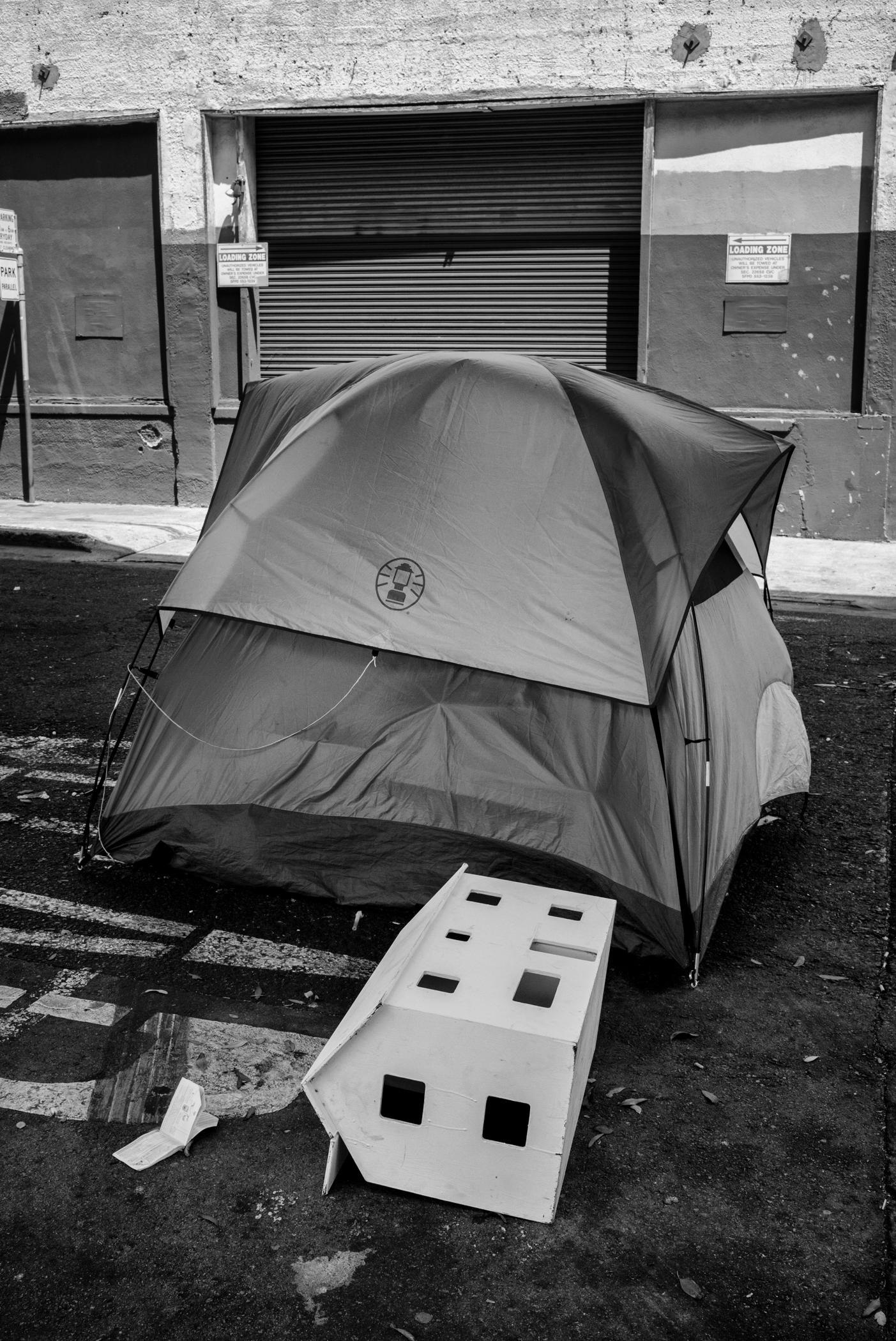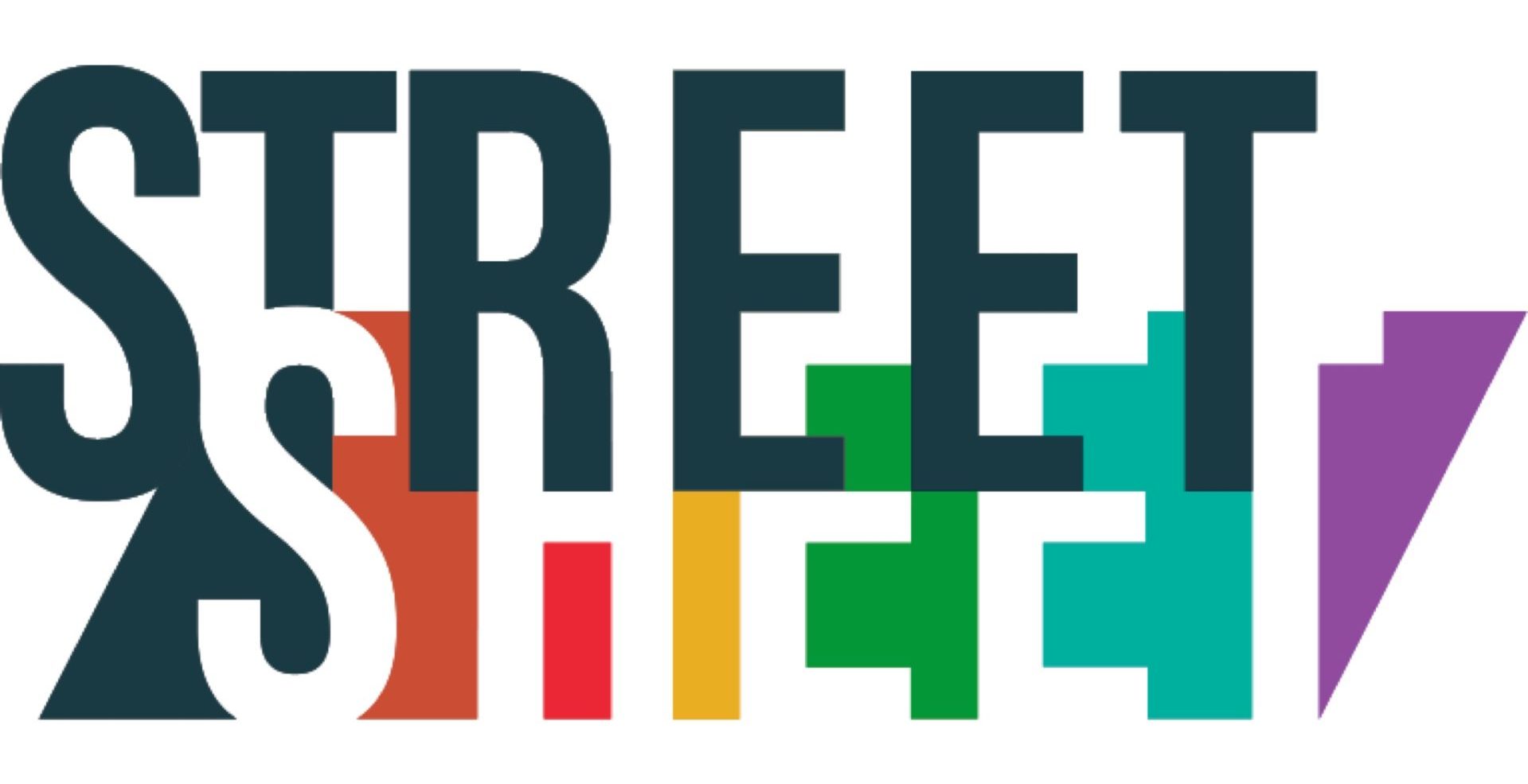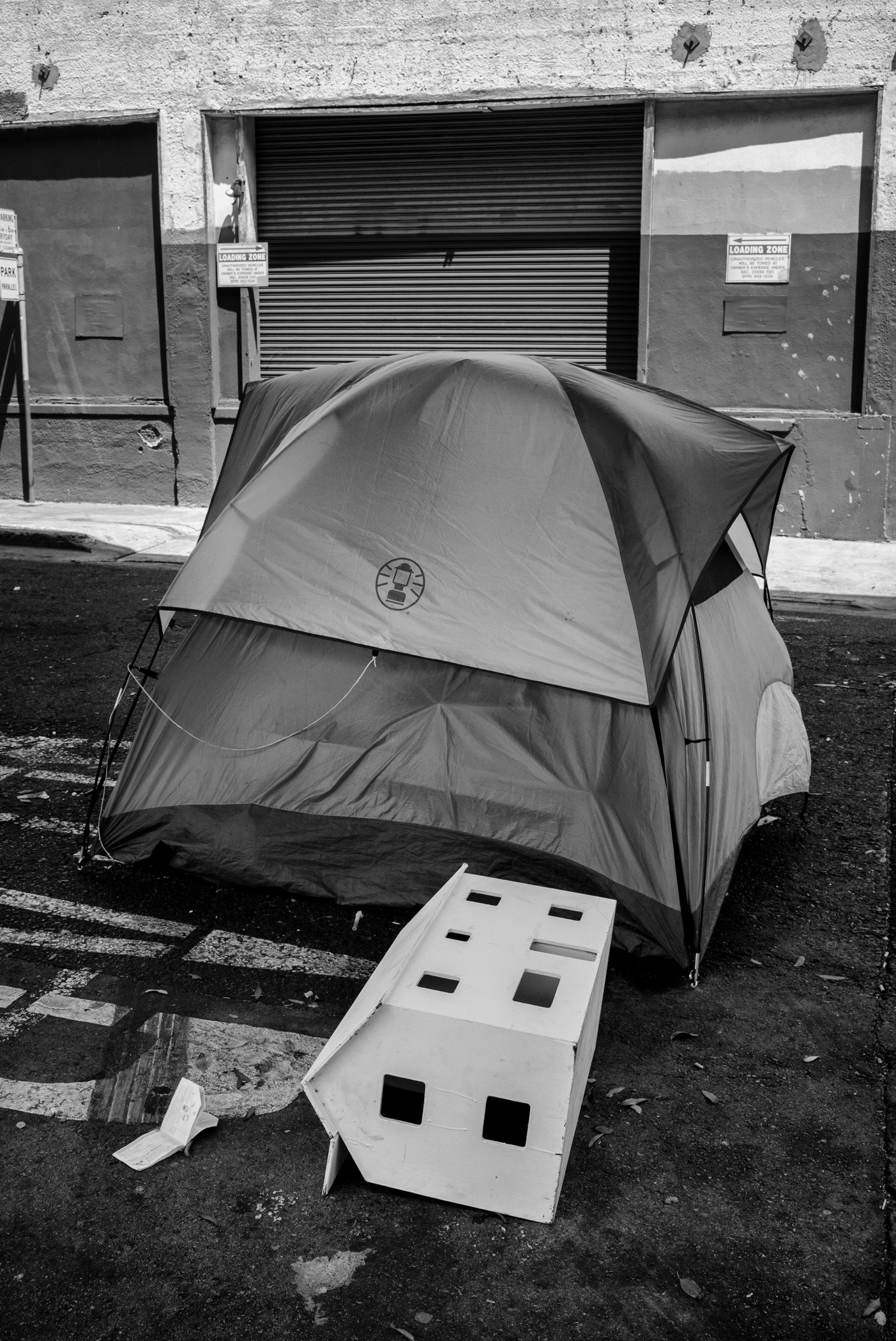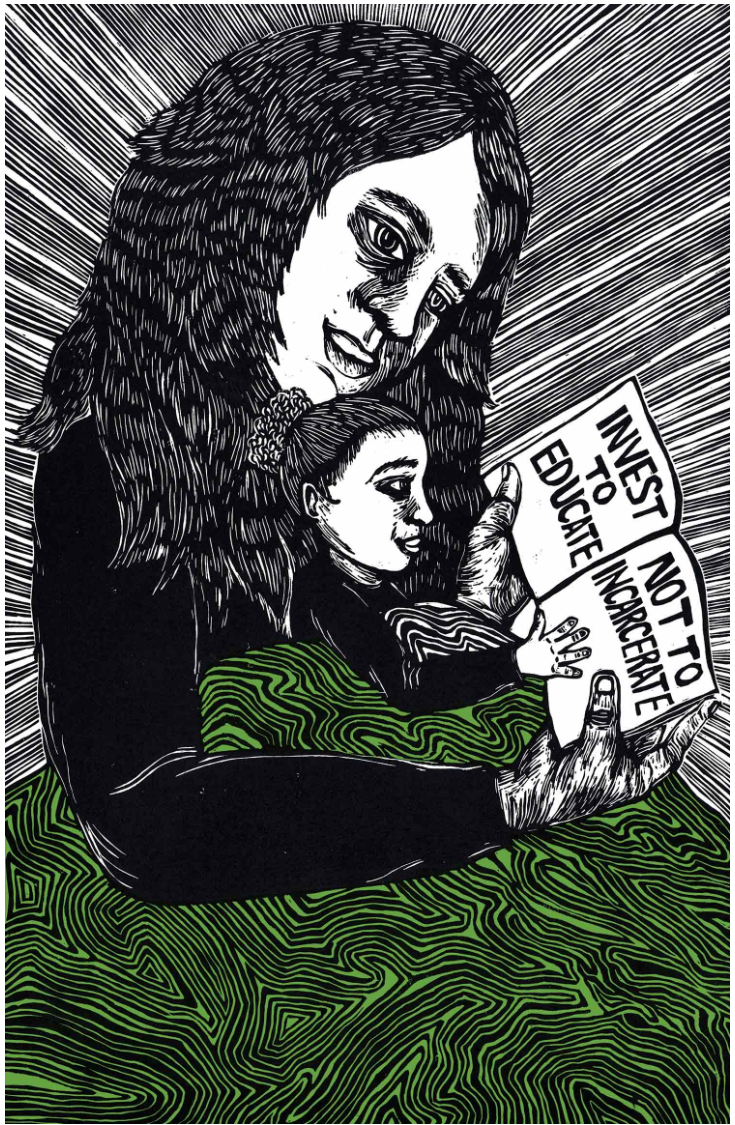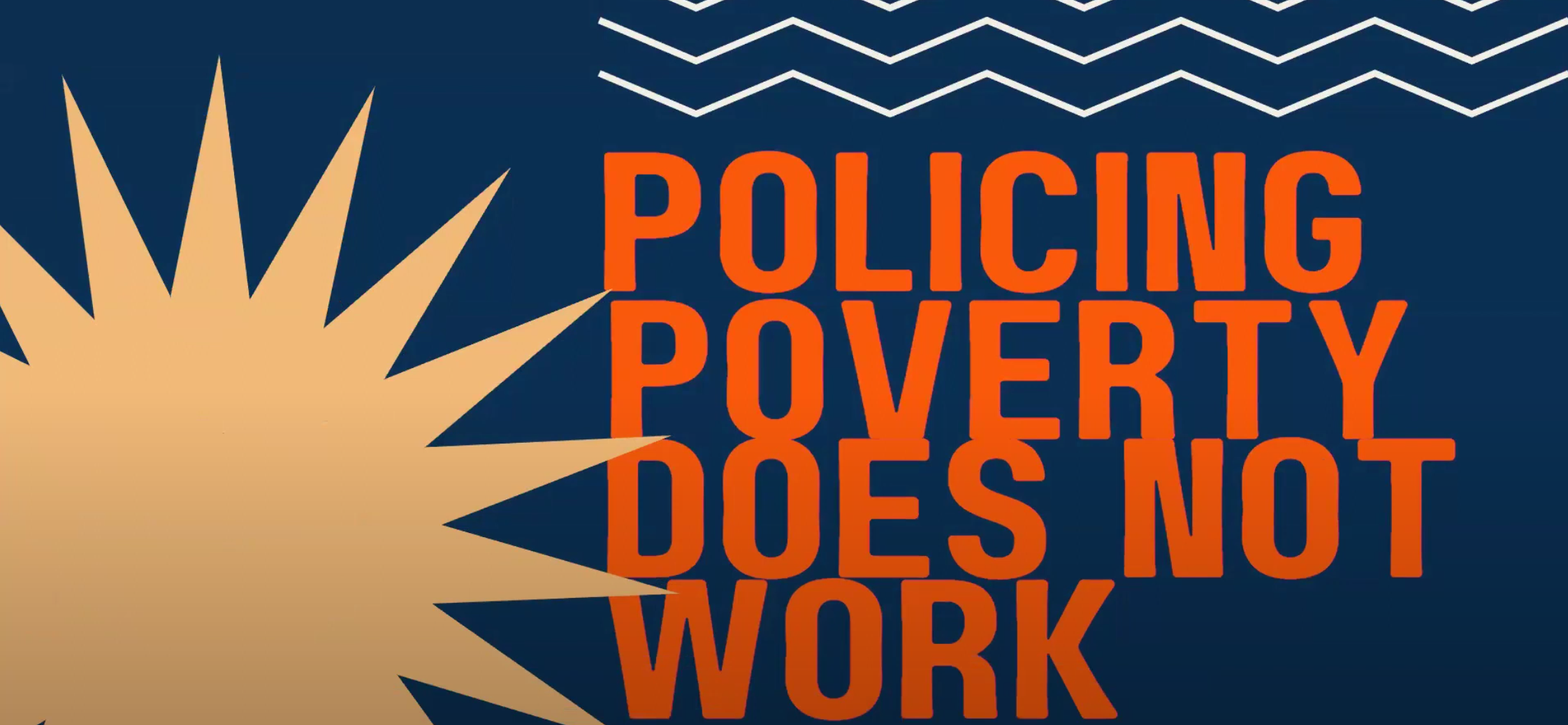This summer, wastewater data shows us that COVID-19 cases are surging, and COVID-related deaths and hospitalizations are increasing as well. Vaccination rates are abysmal. Approximately 17 million people nationally live with long COVID, and your risk of developing long term disabling symptoms increases with each COVID infection. Meanwhile, the Centers for Disease Control and Prevention have given up recommending any real mitigation strategies,
Post-Grants Pass, Sweeps Lawsuit Against San Francisco to Continue. Here’s Why.
Arresting and ticketing people for sleeping outdoors, even when no shelter is available, is not unconstitutional, the U.S. Supreme Court ruled on June 28.
In doing so, the court’s conservative majority overturned previous decisions maintaining that Martin v. Boise, a case that removed such criminal penalties for acts of homelessness in the absence of shelter and protected unhoused people’s constitutional rights against cruel and unusual punishment.
So does that mean the arguments made by the Coalition on Homelessness and seven unhoused plaintiffs in their lawsuit against the City and County of San Francisco are gone,
Supreme Court Allows Criminalization of Homelessness
story and photos by Jeremiah Hayden
The United States Supreme Court issued a decision in Grants Pass v. Johnson on June 28. The case out of Oregon will broadly impact how local governments write homelessness policy across the nation.
The U.S. Supreme Court issued a decision in Grants Pass v. Johnson on June 28, reversing the Ninth Circuit U.S. Court of Appeals injunction barring the southern Oregon city of Grants Pass from enforcing ordinances banning sleeping in public spaces.
Op-ed: Still Cruel and Unusual, Despite SCOTUS Ruling
by Lukas Illa
In the waning hours of its 2024 term, the U.S. Supreme Court published its decision on Grants Pass v. Johnson, which criminalized the existence of homeless people. In the days that followed, homeless advocates in the Bay Area pointed to the fact that in his majority opinion, Trump-appointed Justice Neil Gorsuch cited the amicus brief filed by San Francisco officials eight times.
The City’s amicus brief,
Being Queer and on the Autism Spectrum
by Jordan Davis
As you might already know, I write mostly about permanent supportive housing and how San Francisco’s government stands in the way of delivering effective services on time, under budget, and in a manner that works for everybody. I don’t like to talk much about my past, but since it’s Pride month, I’d like to share how being a neurodivergent, non-binary trans femme who began transitioning nine years ago has impacted me,
Notes from a Texas Prison: Billy’s Story
by Billy Thomas
EDITOR’S NOTE: The following is adapted from multiple pieces of correspondence by Billy Thomas, an inmate at the John Wynne Unit of Texas State Prison in Huntsville to A.B.O. Comix in Oakland, California throughout 2022 and 2023. It has been edited for brevity and clarity.
I am a 51-year-old person, a two-spirited transgender. I am a survivor of mental and sexual abuse from my time in the care of Texas Child Protective Services,
Advocates Indict San Francisco’s Sweeps Policies Before U.S. Supreme Court
A coalition of current and former San Francisco officials and civic organizations filed a friend-of-the-court brief to the U.S. Supreme Court in advance of a hearing on whether cities could penalize existing while homeless even when no shelter is available. Members of the coalition and their counsel, Lawyers’ Committee for Civil Rights of the San Francisco Bay Area, announced the filing in a press conference on Zoom.
Separately,
No on E: Endangering Accountability and Privacy
by Nathan Sheard
San Francisco voters have a lot to consider before the March 5 election. Voting No on Proposition E should be an easy choice for anyone who is concerned with addressing our city’s challenges, rather than benefiting from them. If passed, Prop. E would significantly weaken measures meant to protect the rights and safety of San Francisco residents and visitors. If Prop. E passes, it would strip accountability for the use of dubious surveillance tools,
Supreme Court Will Examine Grants Pass Homelessness Case. What Will It Mean for San Francisco’s?
The Coalition on Homelessness’s lawsuit may be put on hold after the City of San Francisco filed a motion to pause the ongoing case. The City Attorney’s office announced its request to the federal district court for a stay days after the U.S. Supreme Court said on January 12 it will review an Oregon case, which has close parallels to the homeless advocacy organization’s ongoing lawsuit.
The Supreme Court will decide whether it should be illegal to arrest and cite unhoused people for unauthorized lodging without offering immediate available shelter.
Coalition on Homelessness et al vs. San Francisco: Lawyers Make the Case for Stopping Sweeps
San Francisco’s response to unsheltered homelessness has long been on the radar of local and national media, and it’s pinging more frequently, partly because of a lawsuit that the Coalition on Homelessness has filed against the City.
Last year, a federal judge ruled that the City can not arrest or issue citations to people in homeless encampments without a real and specific offer of shelter while the case is in litigation.


